ELTE Research Centre for the Humanities | 1097 Budapest, Tóth Kálmán utca 4. | HU15854939

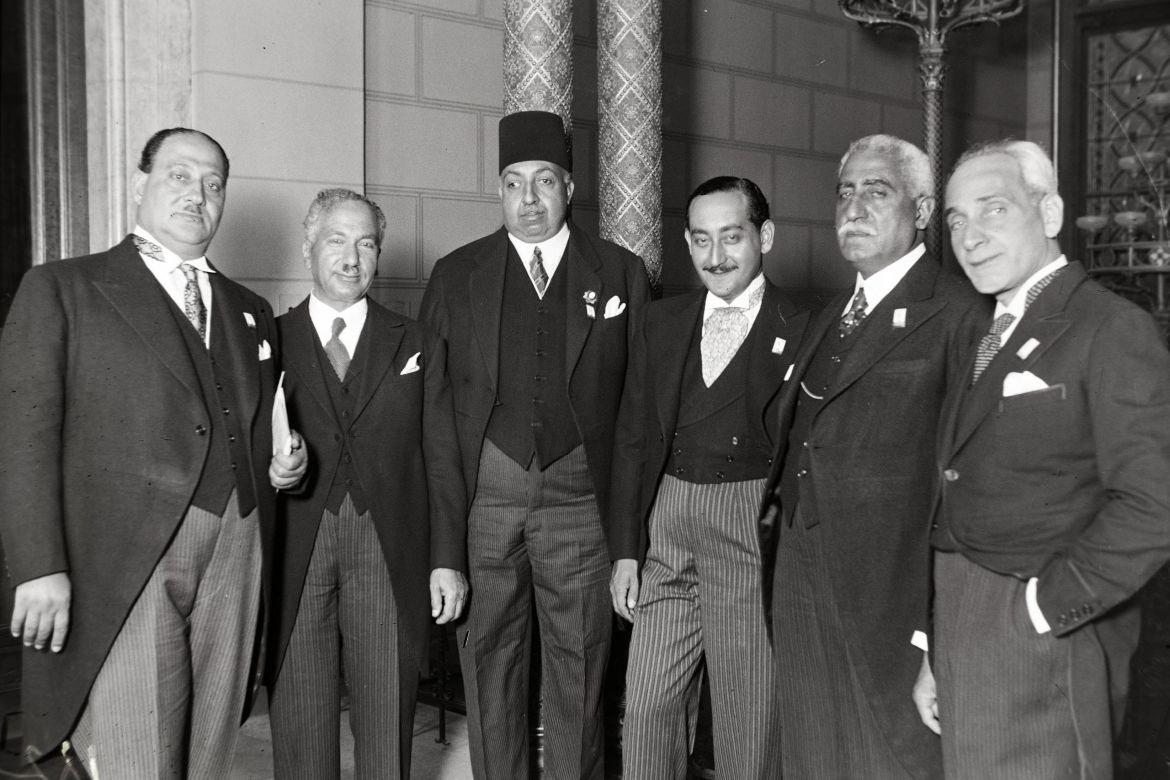
Péter Apor, Senior Research Fellow at the Institute of History, has been awarded funding for Austrian-Hungarian research cooperation through a grant announced by the National Research, Development, and Innovation Office.
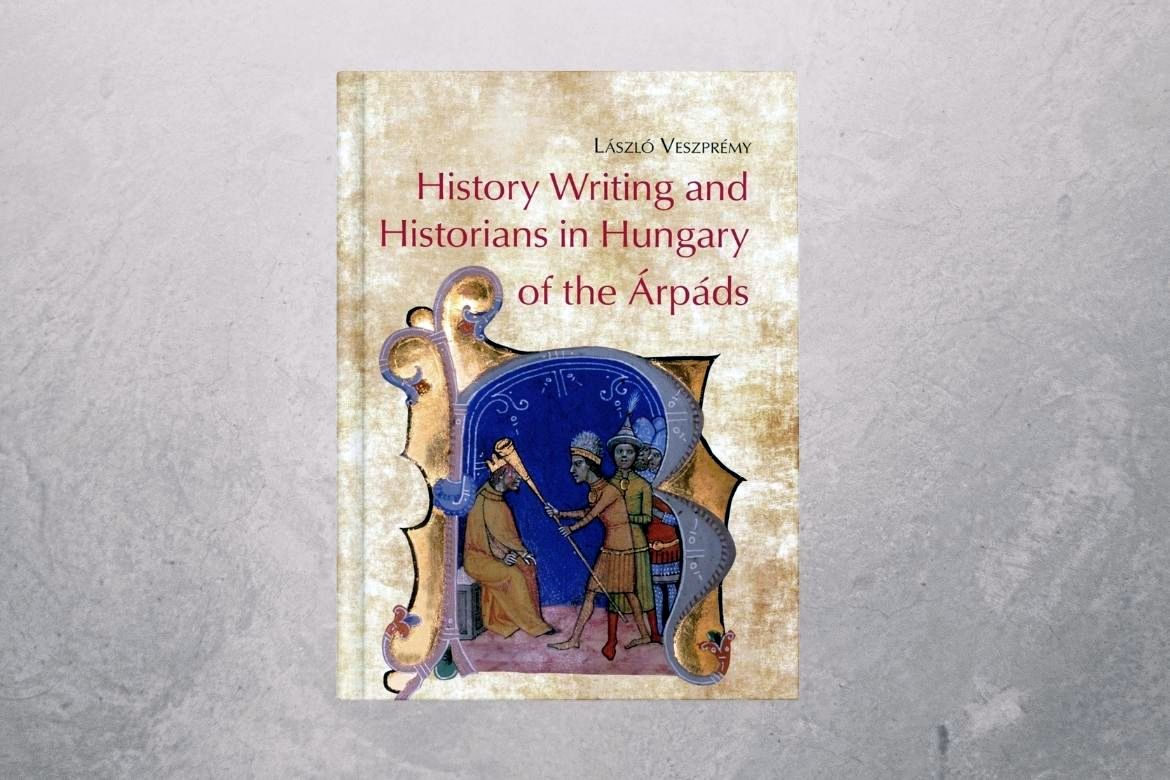
In the Arpadiana XVIII. volume the author, László Veszprémy offers a concise overview of the most important chapters of Latin historiography in Hungary from the time of the conversion to Latin Christianity until the mid-13th century.

Szabolcs László, research fellow at our institute, contributed a chapter to the newly published, open access volume, entitled Integration and Collaborative Imperialism in Modern Europe: At the Margins of Empire, 1800-1950 and edited by Bernhard C. Schär and Mikko Toivanen.
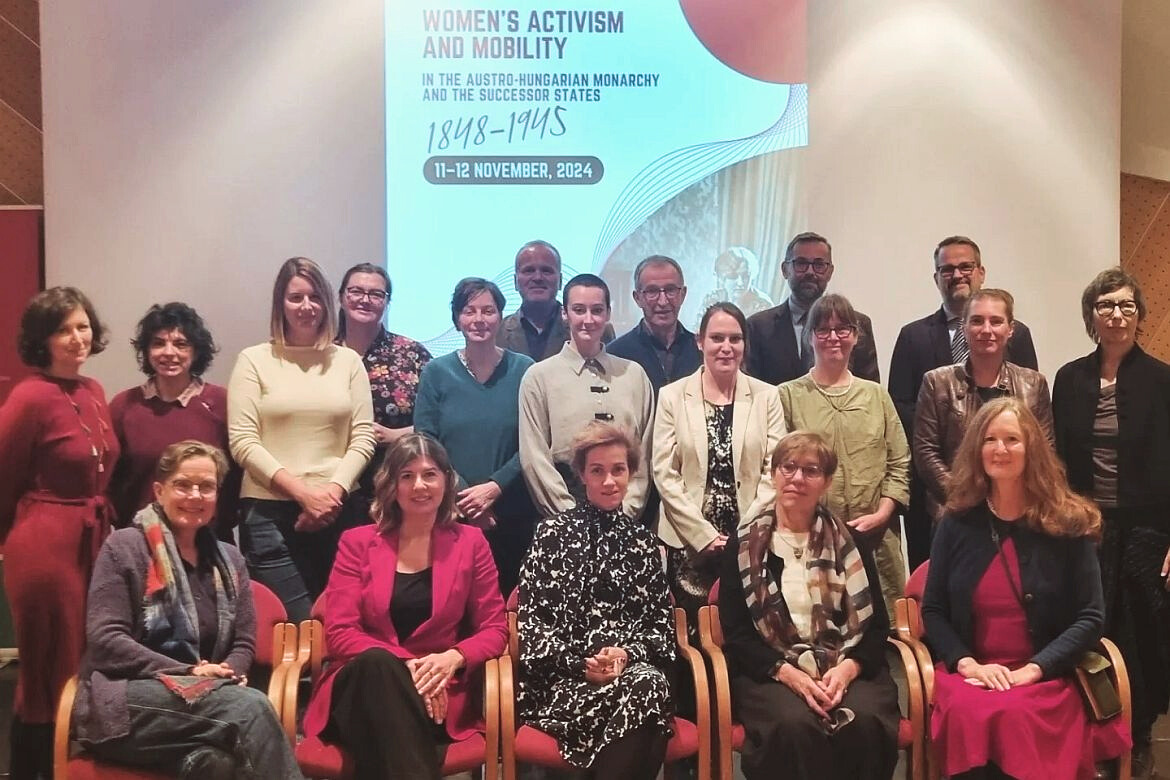
On 11–12 November 2024, the workshop titled International Networks of Women’s Activism and Mobility in the Austro-Hungarian Monarchy and the Successor States 1848–1945 took place at the Collegium Hungaricum Vienna.
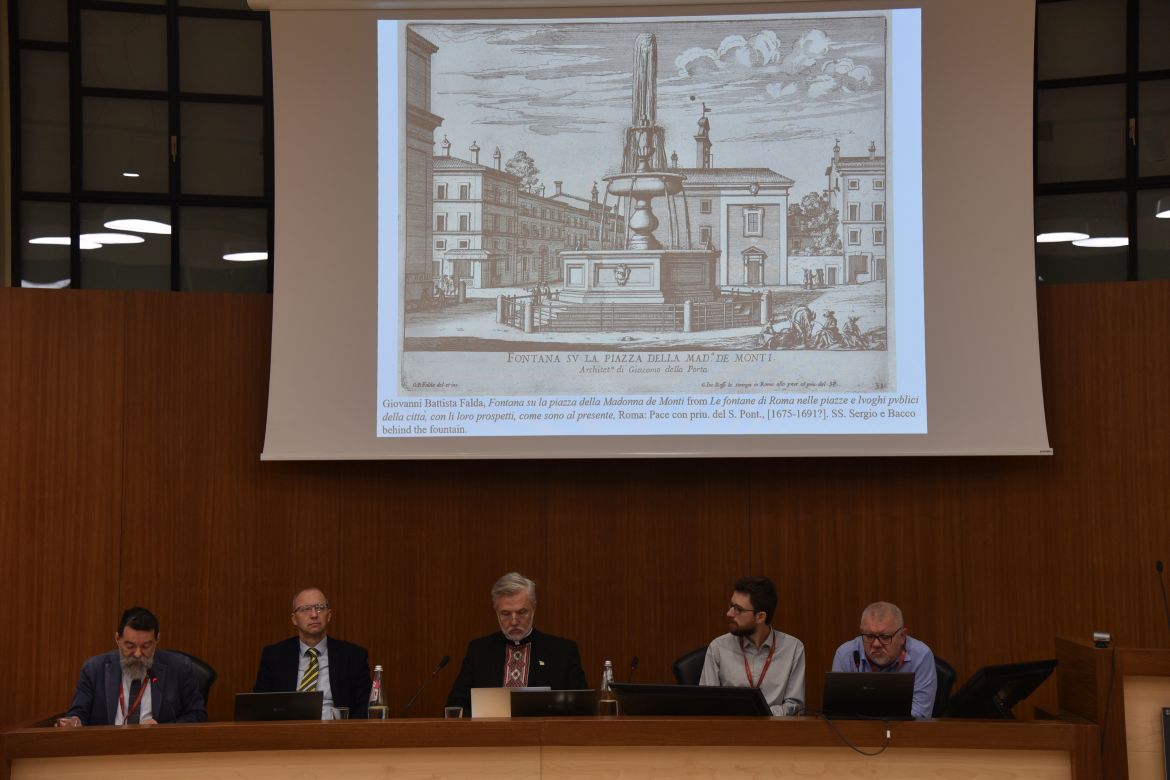
A joint conference on the history of the Ukrainian Greek Catholic Church in the first half of the 17th century was held at the Pontifical Gregorian University in Rome on 16 and 17 October 2024. The conference was organised by the Pontificia Università Gregoriana, the Catholic University of America and the Ukrainian Catholic University.

Gusztáv D. Kecskés, Research Professor at our institute, has published a monograph entitled Humanitarian Campaign on a Global Scale: The International Red Cross and the 1956 Hungarian Refugees, which can be downloaded from the website of the Wilson Center (Washington).
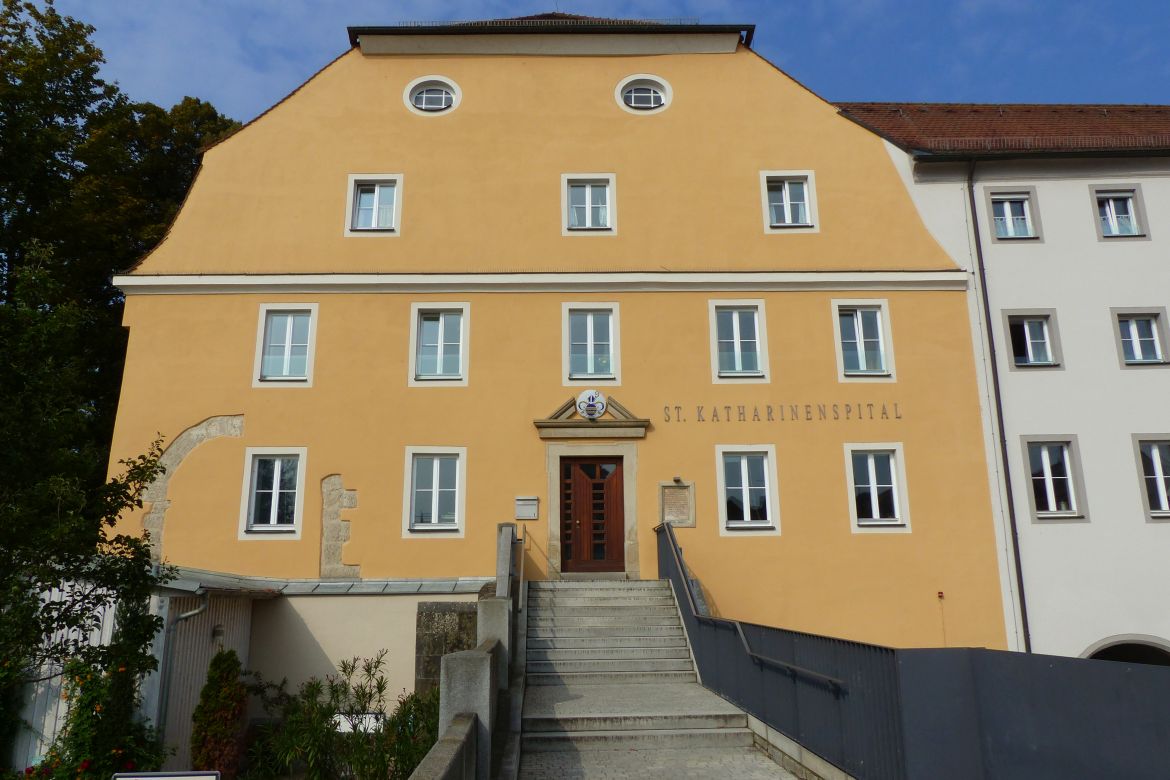
Janka Kovács, a postdoctoral researcher at our institute, participated in a bilingual workshop on hospital history in Regensburg, Germany, from 6-9 October 2024.
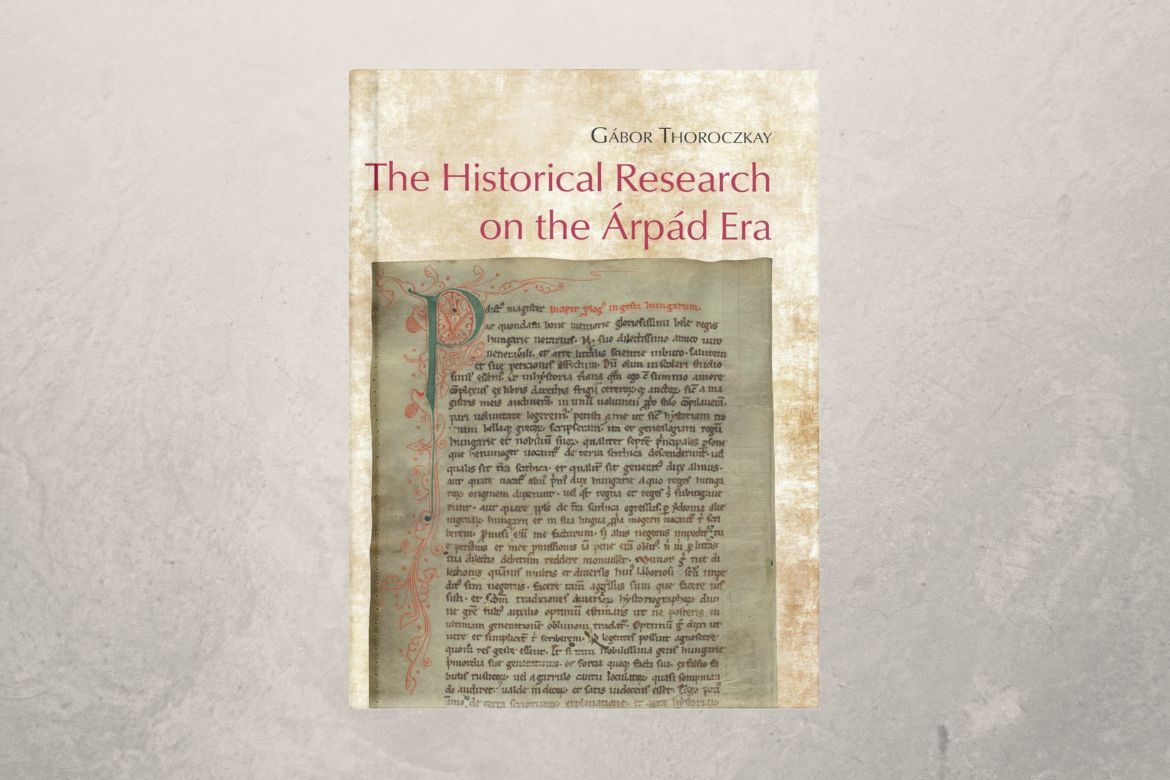
The Historical Research on the Árpád Era – From the Austro-Hungarian Compromise (1867) to the Present Day a monograph in English by Gábor Thoroczkay, Associate Professor of the Department of Medieval History at ELTE, has been published as the 17th volume of the Arpadiana series.
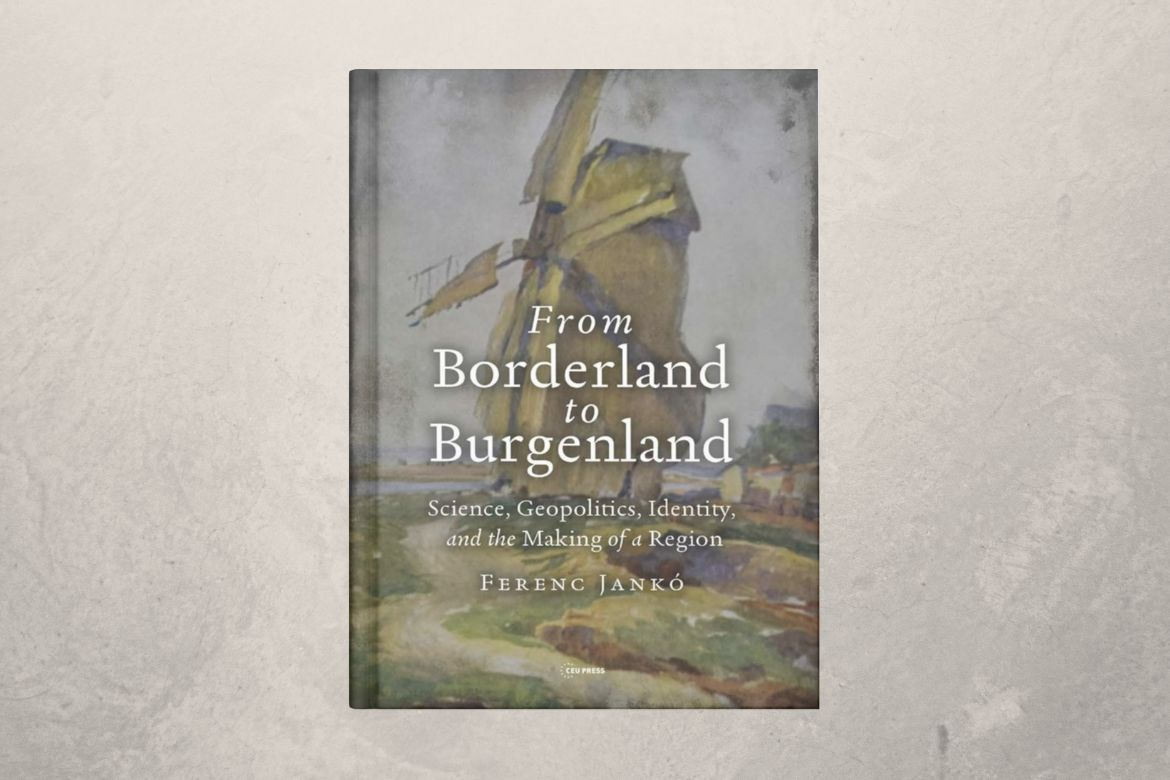
The book From Borderland to Burgenland. Science, Geopolitics, Identity, and the Making of a Region by Ferenc Jankó, geographer and member of the Ten Generations Research Group was published by CEU Press.
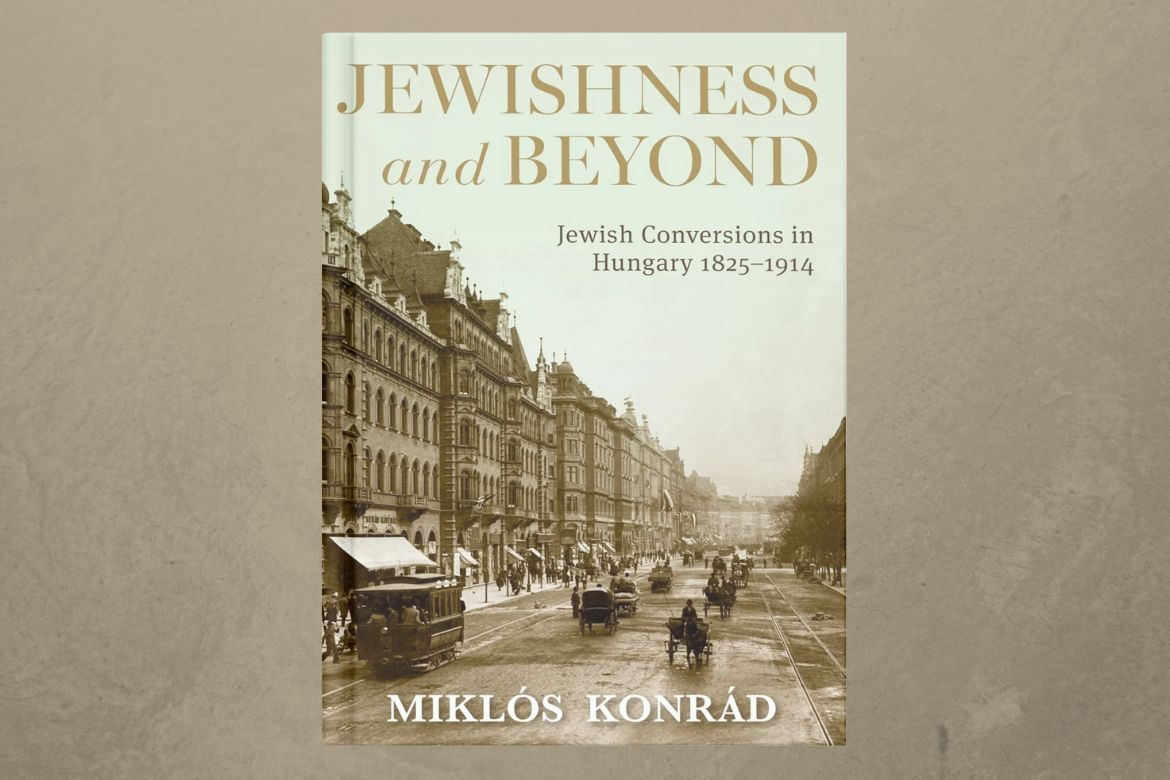
The monograph Jewishness and Beyond. Jewish Conversions in Hungary 1825-1914 by Miklós Konrád, Senior Research Fellow of our institute, has been published by Indiana University Press.
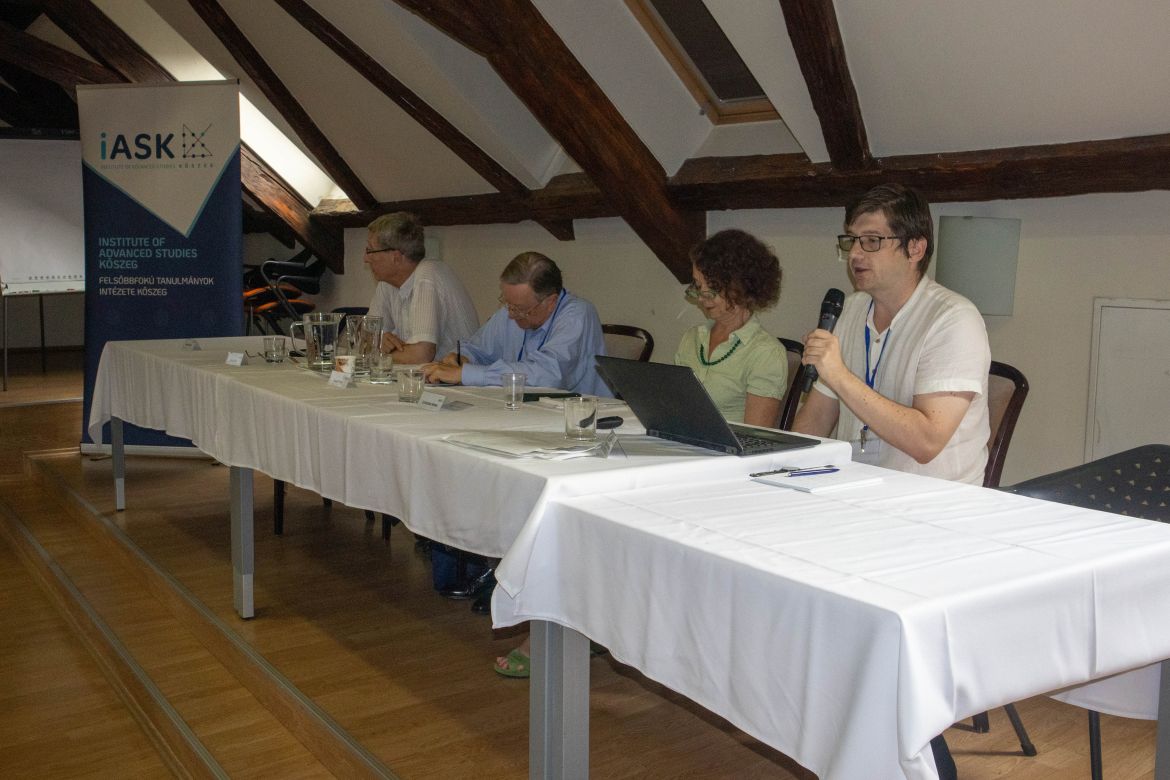
Gábor Demeter, senior research fellow of our institute, was invited by the Institute of Advanced Studies (iASK) of Kőszeg to give a lecture in English on the current political situation in the Balkans and historical analogies on 26 June 2024 in Kőszeg.
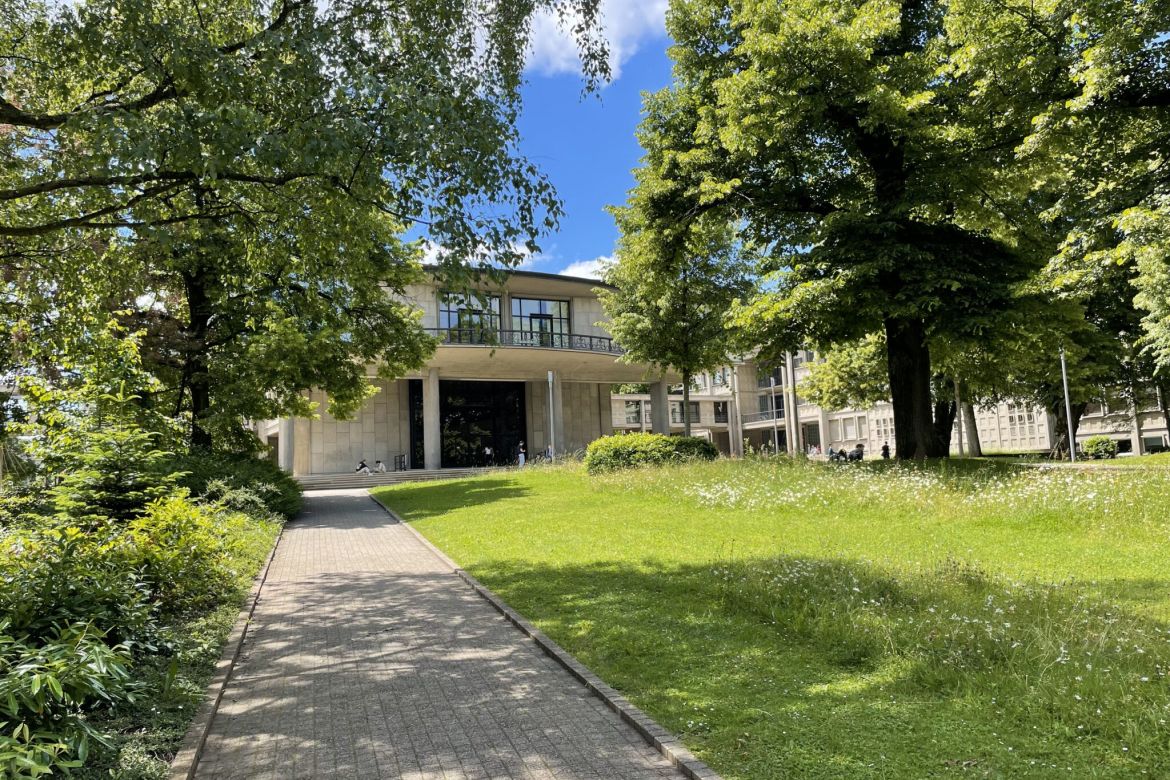
On 10-11 June, École Française de Rome, Université Paris 1 Panthéon-Sorbonne and University of Fribourg organised the second event of a three-stage conference series examining the relationship between Catholicism and anti-communism.
You can find our previous articles in the News Archive.